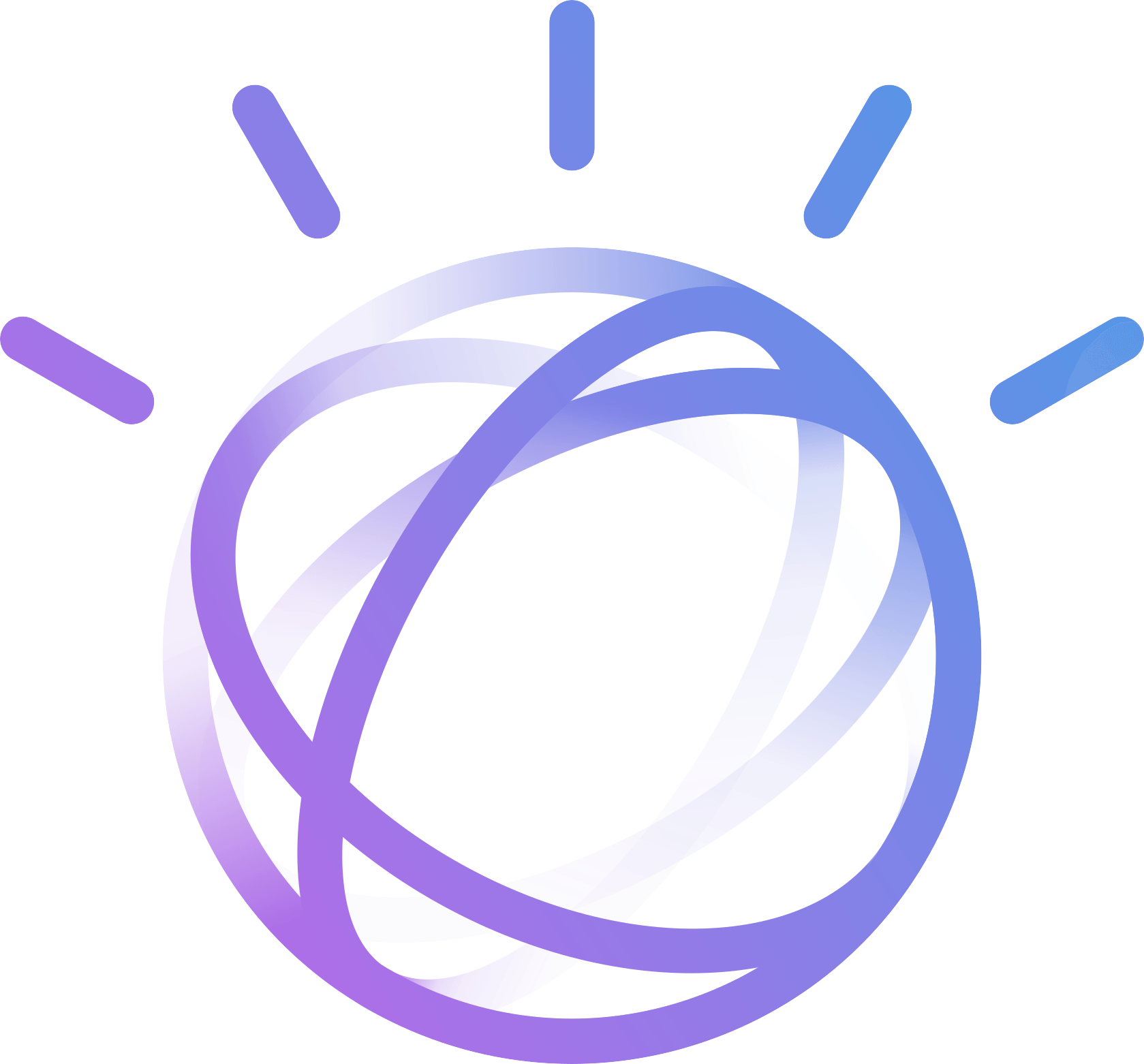
IBM Watson Legal AI: Complete Buyer's Guide
Enterprise-grade AI platform for legal workflows
IBM Watson Legal AI is an enterprise-grade artificial intelligence platform designed to augment legal workflows through document automation, research acceleration, and compliance management.
Market Position & Maturity
Market Standing
Watson's market positioning centers on brand recognition and enterprise capabilities rather than specialized legal AI innovation. The platform benefits from IBM's established enterprise relationships and comprehensive AI component ecosystem, including Watson Discovery for document analysis, Watson Knowledge Studio for legal terminology training, and Watson Natural Language Understanding for legal text processing[103].
Company Maturity
IBM's enterprise infrastructure provides comprehensive support ecosystem through IBM Watson ecosystem membership and With Watson client success program[42][65].
Strategic Partnerships
Watson implementations benefit from IBM's extensive partner ecosystem, enabling integration with major enterprise software providers and legal technology platforms. The LegalMation partnership demonstrates Watson's ability to work with specialized legal technology companies to deliver targeted solutions[42][65].
Longevity Assessment
IBM's commitment to AI research and development, combined with substantial enterprise customer base, provides strong indicators for long-term platform viability.
Proof of Capabilities
Customer Evidence
LegalMation Partnership provides the most comprehensive implementation evidence, demonstrating Watson's document automation capabilities through 80% reduction in document creation labor costs and 60-80% time savings on drafting tasks[42][85][91][109]. QNC GmbH Implementation achieved 40% faster research compared to traditional methods, enabling over 1,000 lawyers in Germany to provide services through the Watson-powered platform[90].
Quantified Outcomes
LegalMation achieved 80% reduction in document creation labor costs and 60-80% time savings on drafting tasks[42][85][91][109]. QNC GmbH achieved 40% faster research enabling over 1,000 lawyers to provide enhanced services[90]. American Legal Media reported 4X productivity improvements and 30% revenue increases[103].
Case Study Analysis
The LegalMation partnership provides detailed implementation timeline data: 6 months for proof of concept development, followed by 9 months of testing and refinement before production deployment, totaling 15 months from concept to live operation[42][65].
Market Validation
Outside Counsel Insights achieved 30% reduction in legal spend for insurance company clients[46].
AI Technology
IBM Watson Legal AI employs a comprehensive cognitive computing architecture that combines multiple AI technologies specifically configured for legal applications. The platform's core technology foundation centers on advanced natural language processing (NLP) that has been trained on legal terminology and concepts, enabling it to understand and interpret complex legal documents with greater accuracy than general-purpose AI systems[49][81][89].
Architecture
Watson offers flexible deployment options including hybrid cloud environments or on-premises installations[53][79], accommodating enterprise security requirements and data sovereignty concerns common in legal organizations.
Primary Competitors
Watson faces competition from established legal technology providers like Thomson Reuters and LexisNexis, specialized AI companies like Casetext and Robin AI, and emerging platforms focused on specific legal functions[61].
Competitive Advantages
Watson benefits from strong recognition among legal professionals who certainly know about Watson, which reduces the acceptance barrier compared to unknown AI vendors[42][65].
Market Positioning
Watson positions itself as a comprehensive enterprise platform rather than a specialized legal AI solution.
Win/Loss Scenarios
Watson wins when organizations require enterprise-grade security and compliance capabilities, multi-functional AI platform consolidation, established vendor relationships and support infrastructure, and integration with existing IBM enterprise systems.
Key Features

Pros & Cons
Use Cases
Integrations
Featured In Articles
Comprehensive analysis of AI Accessibility Compliance Review for Legal/Law Firm AI Tools for Legal/Law Firm AI Tools professionals. Expert evaluation of features, pricing, and implementation.
How We Researched This Guide
About This Guide: This comprehensive analysis is based on extensive competitive intelligence and real-world implementation data from leading AI vendors. StayModern updates this guide quarterly to reflect market developments and vendor performance changes.
138+ verified sources per analysis including official documentation, customer reviews, analyst reports, and industry publications.
- • Vendor documentation & whitepapers
- • Customer testimonials & case studies
- • Third-party analyst assessments
- • Industry benchmarking reports
Standardized assessment framework across 8 key dimensions for objective comparison.
- • Technology capabilities & architecture
- • Market position & customer evidence
- • Implementation experience & support
- • Pricing value & competitive position
Research is refreshed every 90 days to capture market changes and new vendor capabilities.
- • New product releases & features
- • Market positioning changes
- • Customer feedback integration
- • Competitive landscape shifts
Every claim is source-linked with direct citations to original materials for verification.
- • Clickable citation links
- • Original source attribution
- • Date stamps for currency
- • Quality score validation
Analysis follows systematic research protocols with consistent evaluation frameworks.
- • Standardized assessment criteria
- • Multi-source verification process
- • Consistent evaluation methodology
- • Quality assurance protocols
Buyer-focused analysis with transparent methodology and factual accuracy commitment.
- • Objective comparative analysis
- • Transparent research methodology
- • Factual accuracy commitment
- • Continuous quality improvement
Quality Commitment: If you find any inaccuracies in our analysis on this page, please contact us at research@staymodern.ai. We're committed to maintaining the highest standards of research integrity and will investigate and correct any issues promptly.